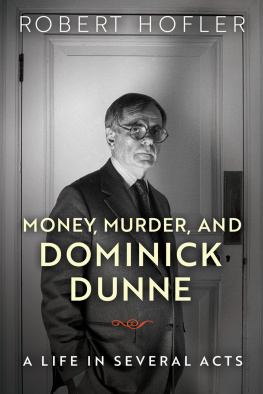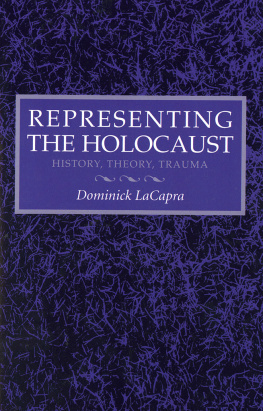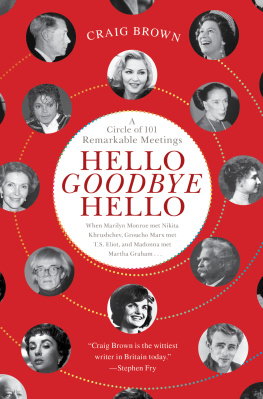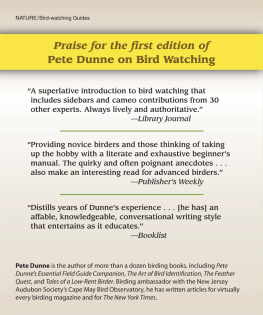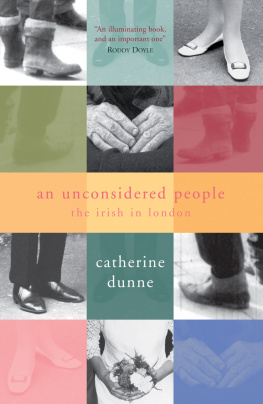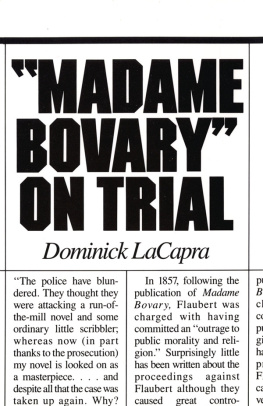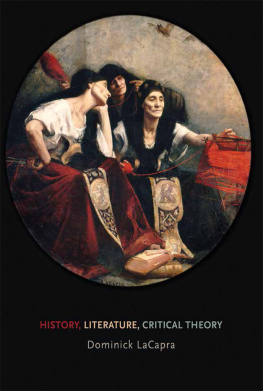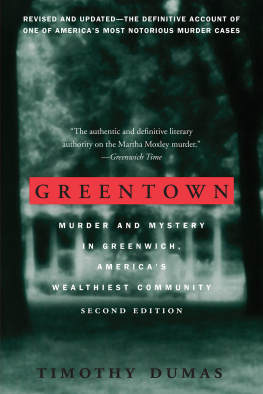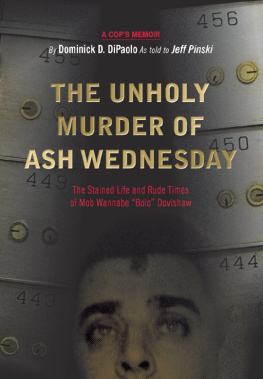All rights reserved. Except in the case of brief quotations embedded in critical articles and reviews, no part of this publication may be reproduced, stored in a retrieval system, transmitted in any format or by any meansdigital, electronic, mechanical, photocopying, recording, or otherwiseor conveyed via the Internet or a website without written permission of the University of Wisconsin Press. Rights inquiries should be directed to .
This book may be available in a digital edition.
Names: Hofler, Robert, author.
Title: Money, murder, and Dominick Dunne: a life in several acts / Robert Hofler.
Description: Madison, Wisconsin: The University of Wisconsin Press, [2017] | Includes bibliographical references and index.
Identifiers: LCCN 2016041574 | ISBN 9780299311506 (cloth: alk. paper)
Subjects: LCSH: Dunne, Dominick. | JournalistsUnited StatesBiography. | Trials (Murder)United States. | CelebritiesUnited States. | Authors, American20th centuryBiography. | Motion picture producers and directorsUnited StatesBiography.
Classification: LCC PN4874.D846 H64 2017 | DDC 070.92 [B]dc23
LC record available at https://lccn.loc.gov/2016041574
Writers are always selling somebody out.
1
Father and Sondheim
In 1993 Dominick Dunne was already famous for saying he did it whenever it came to a high-profile murder case involving celebrity, money, and privilege. He almost always sided with the prosecution against the defendant, and he did so with the same passion and unbridled partiality he honed a decade earlier when, making his debut in Vanity Fair magazine, he covered the trial of John Sweeney, the Ma Maison sous chef who strangled to death Dominicks twenty-two-year-old daughter, actress Dominique Dunne.
Erik and Lyle Menendez were on trial for double murder in 1993. The two young men and their two middle-aged victims were not celebrities, but they were wealthy, lived in Beverly Hills, and had ties to the movie business. Even more newsworthy: the victims were Erik and Lyles parents, Jose and Kitty Menendez. The brothers loaded and reloaded their 12-gauge Mossberg shotguns fourteen times in the TV room of the family mansion at 722 North Elm Drive. Why so many bullets? Was it rage? Or an act of self-defense? Or both?
There was no doubt that Erik and Lyle had murdered Kitty and Jose on August 20, 1989, as the couple sat watching The Spy Who Loved Me on a VCR. The big question of the sensational Menendez trial was whether the father had sexually abused his two sons. Dominick said he believed without a doubt that Jose Menendez never molested his sons. He said it before the trial began, and he said it twelve years later when interviewed for a documentary based on his life, titled Dominick Dunne: After the Party. I never ever believed for a second that he sexually abused them, he told the camera.
Actually, Dominick did believe the two sons accusation against Jose Menendez, and he believed it for more than a second. He believed it for the better part of a day. September 11, 1993, was Lyle Menendezs first day on the stand in his own defense, which was based on his claim that he and his younger brother committed double murders because they feared for their lives after years of incestuous sexual abuse. Experts call it the imperfect self-defense.
The Menendez trial had been going on for a month when Lyle, age twenty-five, finally took the stand that Friday. Preceding him there were thirty-two witnesses for the defense who portrayed the two victims as miserable parents. Among other offenses, friends and relatives told the court that Kitty Menendez made her sons sleep in pet-ferret feces to punish them and Jose Menendez had once called his son Lyle a dummy in public.
Dominick had grown restless, and he was not the only one in the courtroom tired of hearing the litany of parental offensessome major, many minor. Finally, Judge Stanley M. Weisberg of Los Angeles Superior Court put an end to it. Were not talking about a child custody case here, said the judge. The defense had scheduled many more such witnesses to bad-mouth Jose and Kitty, but Weisberg refused to hear them and ordered the lawyers to call one of their two defendants to testify instead.
Once Lyle took the stand, his lawyer, Jill Lansing, asked him, Did you love your mom and dad?
Yes, said Lyle.
On August 20, 1989, did you and your brother kill your mother and your father? she asked.
Yes, he replied.
Did you kill them for money?
No, he said. Lyles first tears began to appear.
Did you kill them because you wanted to pay them back for the way they had treated you?
No, he said. Audible sobbing now joined Lyles tears.
Why did you kill your parents?
Because we were afraid, he whispered. When Lyle went on to describe why he and Erik were afraid, he sometimes spoke through his knuckles, as if his hand could prevent him from saying the words that were unspeakable. At other moments, he put his head in the sleeve of his dark blue sweater to cry.
He raped me, said Lyle.
Did you cry? asked his lawyer.
Yes.
Did you bleed?
Yes.
Were you scared?
Very.
Did you ask him not to?
Yes.
How did you ask him not to?
I just told him, I dont... I dont...
According to Lyle, Jose Menendez thought of their sex together as a kind of male bonding ritual. Lyle was only six years old when first raped, and he said being anally penetrated made him feel he was the most important thing in his fathers life.
The most heartbreaking moment in his testimony, however, came later when Lyle talked about his younger brother. He revealed his father also had sex with Erik, and that he, in turn, replicated that sexual abuse by taking his kid brother into the woods to molest him there in a similar manner. In the courtroom, Lyle looked away from his lawyer, and leaning forward on the stand, he faced Erik for the first time during his testimony. I dont understand why, and Im sorry, he apologized to his twenty-two-year-old brother.
Erik and Lyle were not the only ones crying in the courtroom. Several jurors and reporters also wept. Dominick was not one of them. His eyes dry, he nonetheless looked ashen, upset. He shook his head. I wonder if Im wrong. Could I be wrong? he asked the young reporter sitting next to him. Shoreen Maghame was covering her first big murder trial, for the City News Service, and she and Dominick sat next to each other most days in the Van Nuys, California, courtroom. They generally agreed about what transpired there, but unlike her friend from Vanity Fair, she could never be certain that the Menendez boys lied about their father.
Out in the hallway, Dominick repeated his I wonder if Im wrong statement to another reporter. This time, he added, I cant believe Im saying this, but I think I believe this. I think hes telling the truth.

